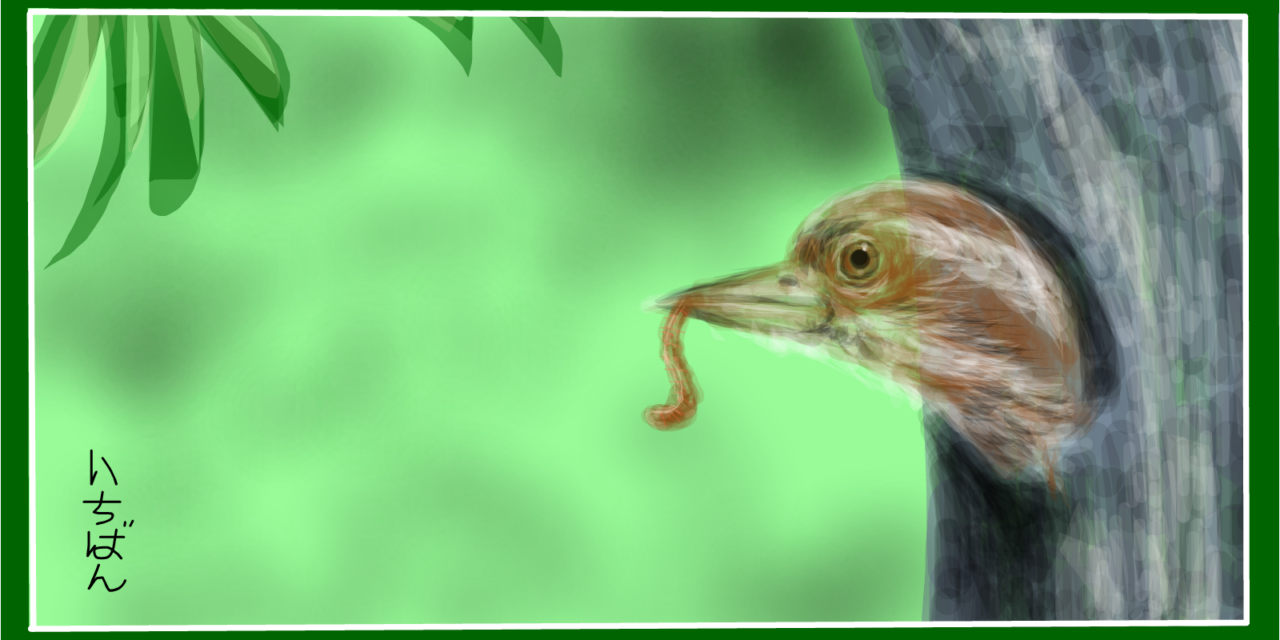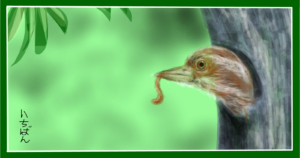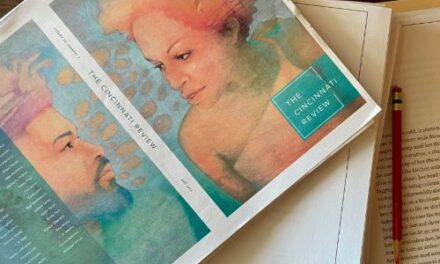We’re open again for (free) submissions for the print journal and for our miCRo series! Read our guidelines here, and hit us with your best shot, as Pat Benatar would say.
If you submitted between last September and March, the 2017–18 reading period, and haven’t heard back from us yet, the good news is that it’s because we’re still considering your work! We read on a rolling basis, and we’ll get back to you as soon as we can.
We’d also like to take this opportunity in the new submission year to be transparent about what goes on behind the scenes here:
Our staff consists of two permanent but part-time editors, three graduate student editors available only during the academic year, a summer student editor for a short six-week fellowship, and as many volunteers as we can get (about 8-15, depending on the year). We also have the four genre editors who make the final call on what’s accepted.
That small staff produces the physical magazine and the miCRo online series, and reads through every single submission, from beginning to end (we don’t do the mythical “read only the first sentence and then put it down”). Usually, a volunteer will read a piece first, and then another editor reads behind them, so almost everything gets at least two sets of eyes on it, if not more. That takes time.
On top of that, we have more and more submissions every year. When we first opened up our online submission manager seven years ago, submissions doubled, to about 5,400. Even though we’ve shortened the reading period, non-contest submissions keep climbing: we had 6,300 non-contest submissions in 2016–17, but 8,000 last year! (Btw, contest submissions are an entirely different pool of initial readers, so they don’t slow us down in the same way.)
We’ll be working this year behind the scenes on some small tweaks to increase our response times, but we wanted to give you a tip in the meantime: You’ll hear back from us sooner if you submit earlier in the reading period, before the pace of submissions gets ahead of us. The early bird catches the worm, as they say. Or at least hears back about the quality of that worm much more quickly . . . It’s a flawed metaphor; forgive us. We need to get back to reading. 🙂












